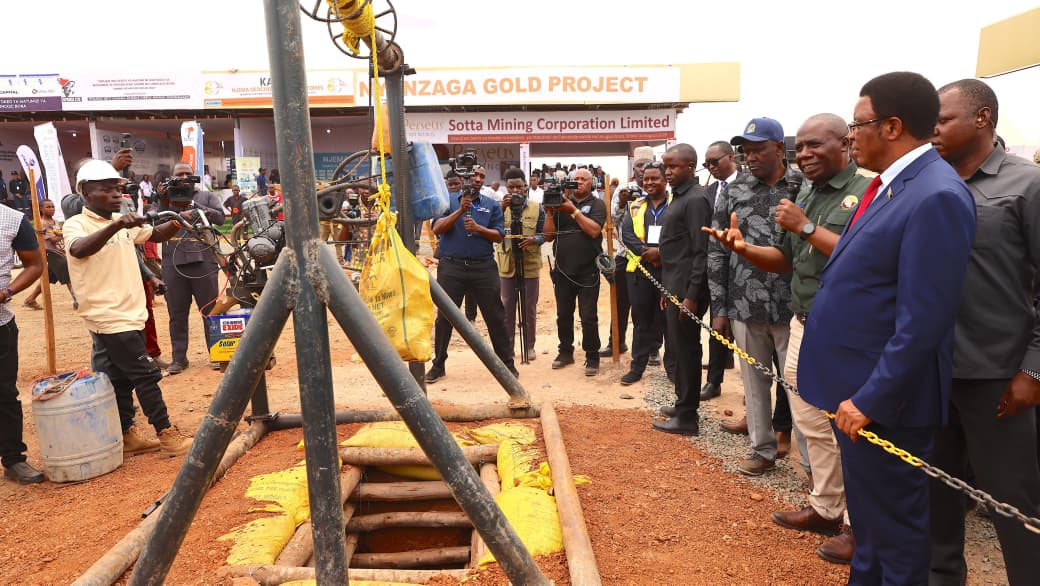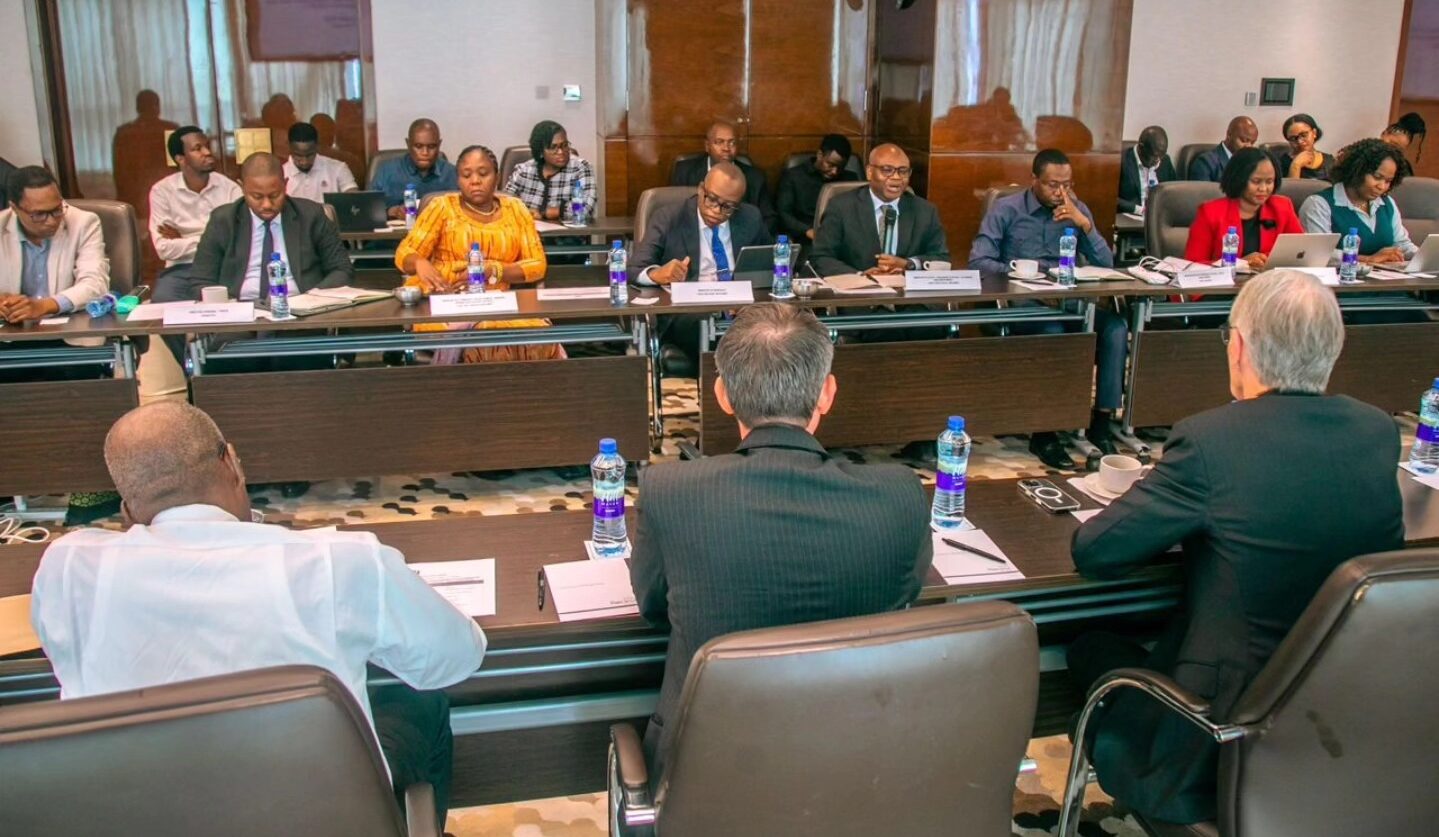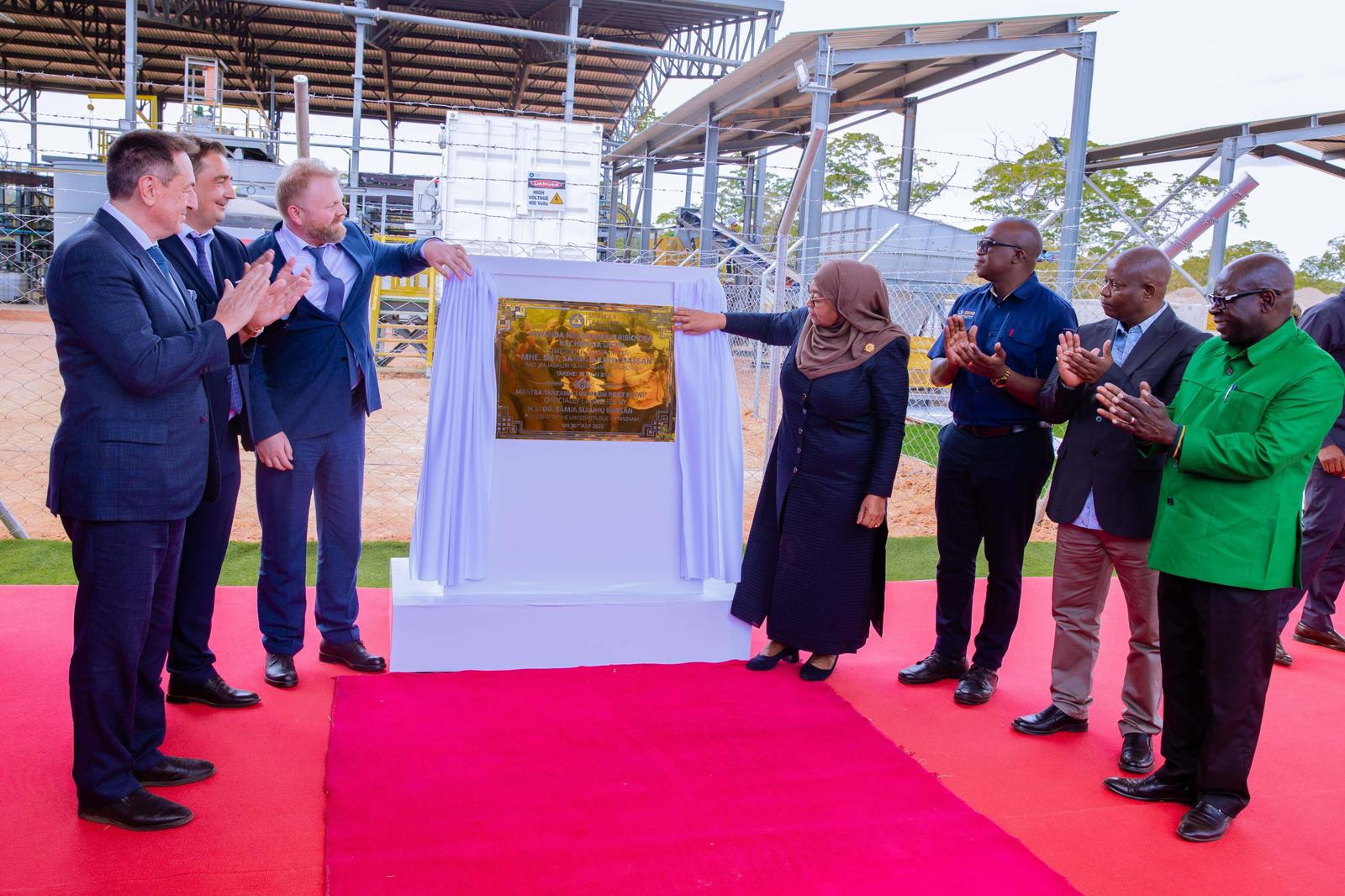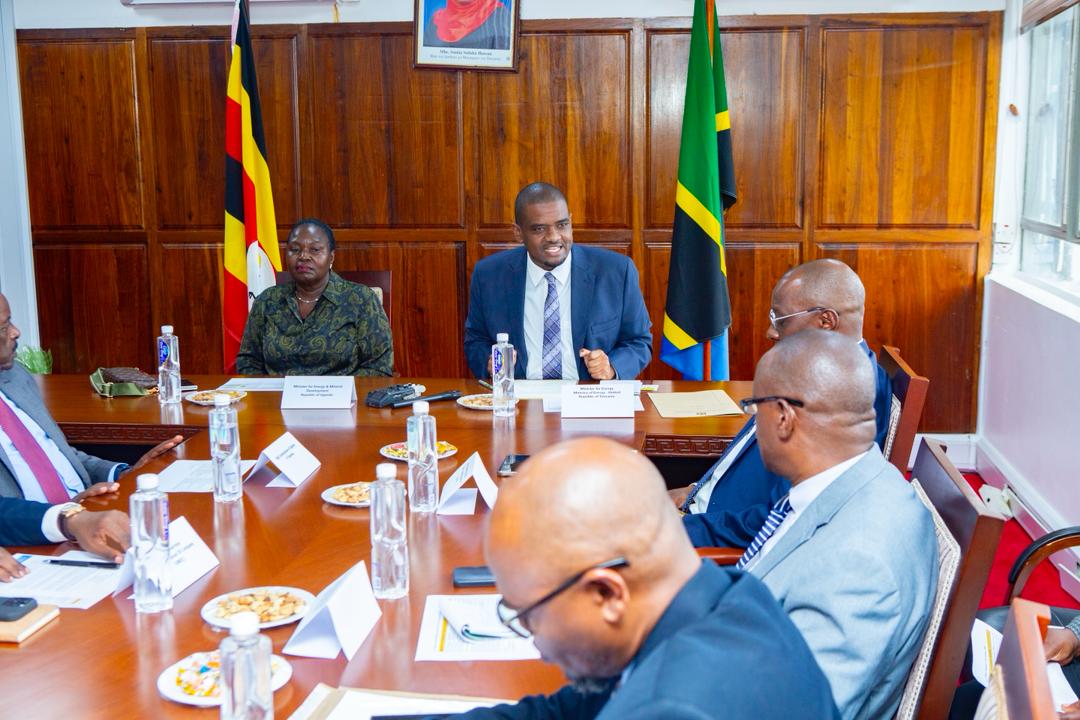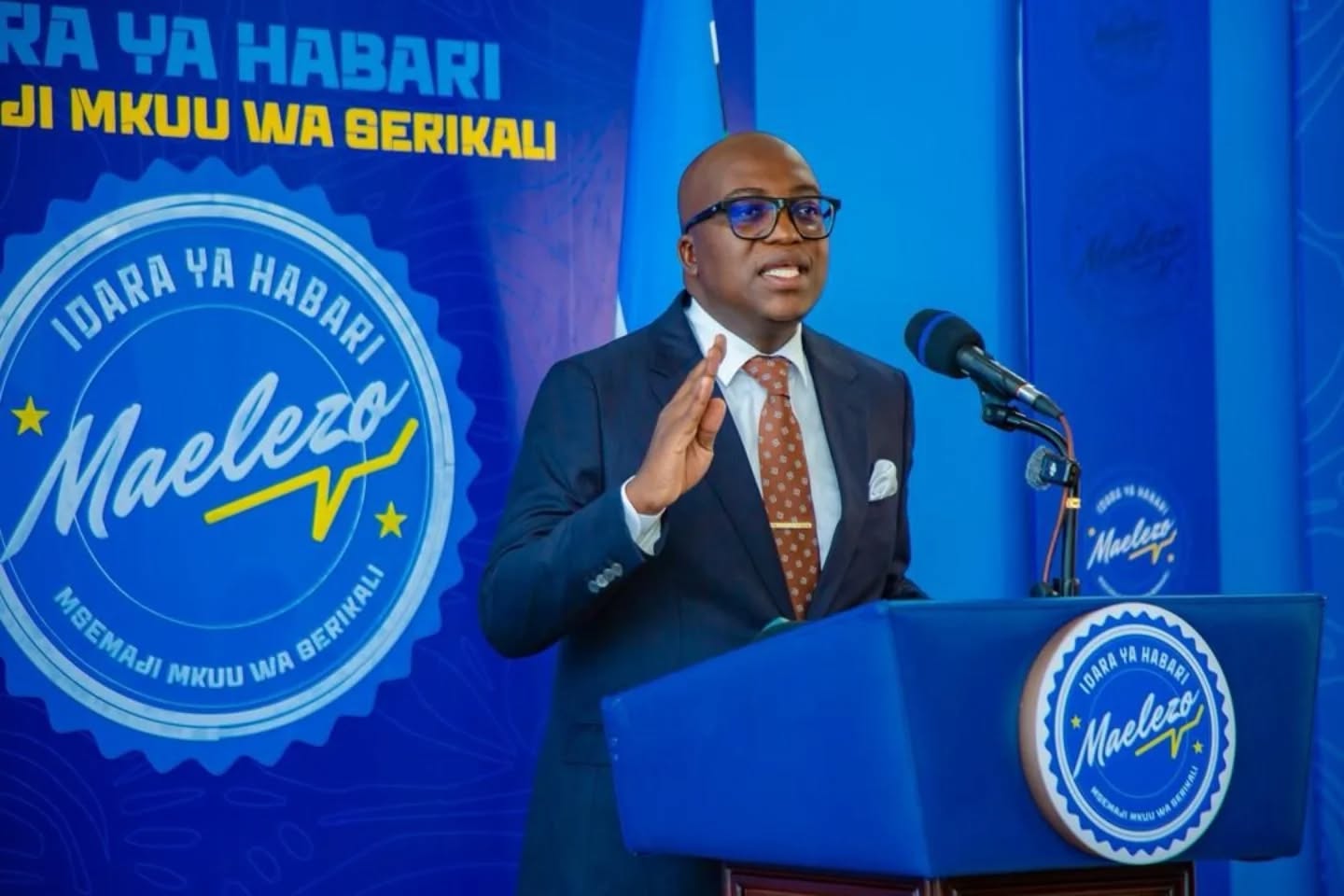Dodoma. Tanzania is weighing the introduction of a mineral export guarantee scheme to strengthen financing for local miners and expand the country’s participation in global mineral markets, the Minister for Minerals, Anthony Mavunde, has said.
Speaking during a two-day management meeting held in Dodoma on November 202524 and 25 Mr Mavunde said currenlty the government is examining the feasibility of establishing the scheme as part of wider reforms aimed at empowering Tanzanian miners and ensuring that mineral wealth delivers greater economic returns.
“We want our miners to access capital here at home instead of depending on financing from outside the country,” he said.
He said if miners are supported, they will be able to invest more, expand production, and the government will benefit from the entire value chain.
He added that the initiative forms part of the government’s broader agenda to implement directives issued by President Samia Suluhu Hassan at different stages of her administration, including in her address to inaugurate the 13th Parliament, ministerial swearing-in speeches, her 100-day campaign commitments, and the CCM Election Manifesto 2025–2030.
Export guarantee schemes, used widely around the world, provide government-backed insurance and credit guarantees to shield exporters and their banks from risks such as non-payment, political instability, or currency restrictions.
By reducing exposure to such risks, the schemes help exporters secure financing, enter new markets, and strengthen compliance with international trade standards.
For mineral-exporting countries, they also reinforce traceability, ensure proper valuation of exports, and curb illicit financial flows.
Mr Mavunde said the government sees the proposed scheme as a crucial tool for unlocking domestic investment.
He explained that widening access to affordable credit would allow small and medium-scale miners to operate more efficiently and competitively.
“We believe this will open more opportunities for Tanzanians to participate meaningfully in the mineral value chain,” he said.
He also linked the initiative to the government’s ambition to reposition Tanzania as a regional trading hub for gold and gemstones.
“We want to shift the system of trading gold and gemstones from Dubai and bring that business here, in Geita, Chunya, Kahama, Arusha and elsewhere, so that the country earns more from these resources,” he said.
The Minister emphasised that the implementation of the President’s directives requires discipline, urgency, and innovation from the Ministry and its institutions.
He said the responsibility to drive reform “does not require pushing”, but rather calls for proactive leadership from technical teams at all levels.
As part of the reform agenda, Mr Mavunde instructed the Permanent Secretary to convene experts and local coal producers to discuss production challenges and identify avenues for growth.
He noted that significant demand for coal exists in neighbouring countries, particularly among steel and manufacturing plants.
“This is an opportunity for our producers to expand their business, and for the government to benefit more from coal,” he said.
He further invited recommendations that would help boost government revenue collection, improve sectoral supervision, and expand economic opportunities—particularly for young people and women, through mining-related activities.
Deputy Minister, Steve Kiruswa, urged staff of the Ministry to uphold professionalism, integrity, and discipline, noting that effective execution of duties is key to safeguarding national resources and increasing public revenue.


